
Combination therapy treats patients with BRAF V600 mutation-positive unresectable locally advanced or metastatic melanoma.

Combination therapy treats patients with BRAF V600 mutation-positive unresectable locally advanced or metastatic melanoma.
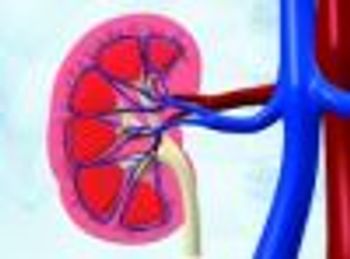
Average period to disease recurrence same as with placebo.

Dinutuximab approved as part of a regimen that includes surgery, chemotherapy, and radiation therapy.

Economic variables impact breast cancer treatment, study finds.

The FDA today approved the first available treatment option for patients with high-risk neuroblastoma.

Supplemental oxygenation may shrink tumors and enhance cancer immunotherapy.

Taste pathway changes in patients on chemotherapy for basal cell carcinoma.

Study argues for more balanced information for patients before making a treatment decision.

Biosimilars are finally a reality in the US drug market, but a report warns regulatory decisions may limit future savings from the drugs.

FDA approves Zarxio for the same indications as Neupogen.

After years of debate and regulatory hurdles, a milestone was achieved today when the FDA approved the first biosimilar in the United States.

Patients receiving chemotherapy after surgery had a 30% lower risk of death than those who had surgery alone.

Since patients with Barrett's esophagus seem to progress to cancerous stages faster than others, health care professionals might perceive that controlling acid reflux would prevent the transition.

Opdivo was originally approved for patients with unresectable or metastatic melanoma who no longer respond to other drugs.

Better chemotherapy drugs lead to increased usage prior to breast operations over last 5 years.
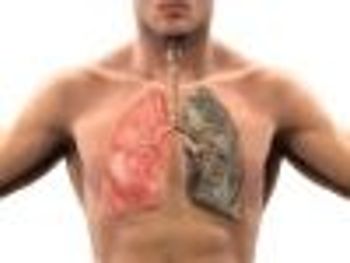
Expanded use would include treatment of patients with advanced squamous non-small cell lung cancer who received prior therapy.
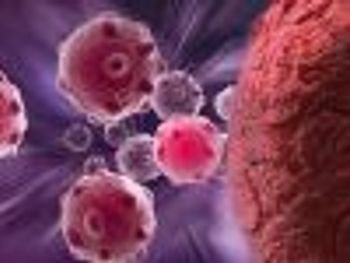
Compound can monitor biochemical processes involved with protein kinases.

Many physicians still use technique that fails to detect deep tissue lesions near the chest wall.

Study reveals optimistic findings for patients without other options for targeted cancer therapy.

Men who had testicular cancer also more likely to develop higher risk prostate cancers.

Study finds fewer women would support less frequent screening if they were found to be at lower risk.

Cell surface protein found to promote cancer growth.

Next generation chemotherapy may offer effective earlier treatment for disease.

Study finds shared decision making and accommodation of patient preferences improves quality.

Delivery system kills chemotherapy-resistant cancer stem cells and prevents secondary tumor formation.

Writer and neurologist Oliver Sacks confirms he has terminal cancer of the liver.
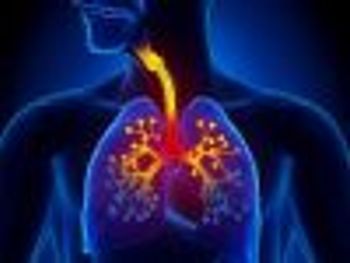
Experimental device offers non-invasive method to diagnose disease.
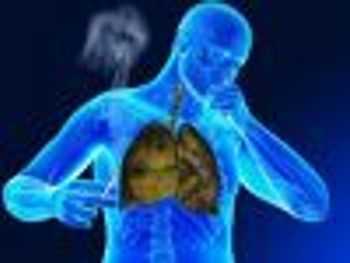
Activation of protein causes cells to change shape and become motile.
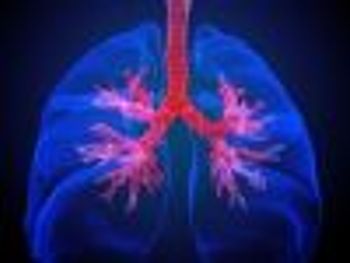
Enzyme associated with metabolic programming may lead to new treatments.

Company again selected as limited distribution pharmacy provider.